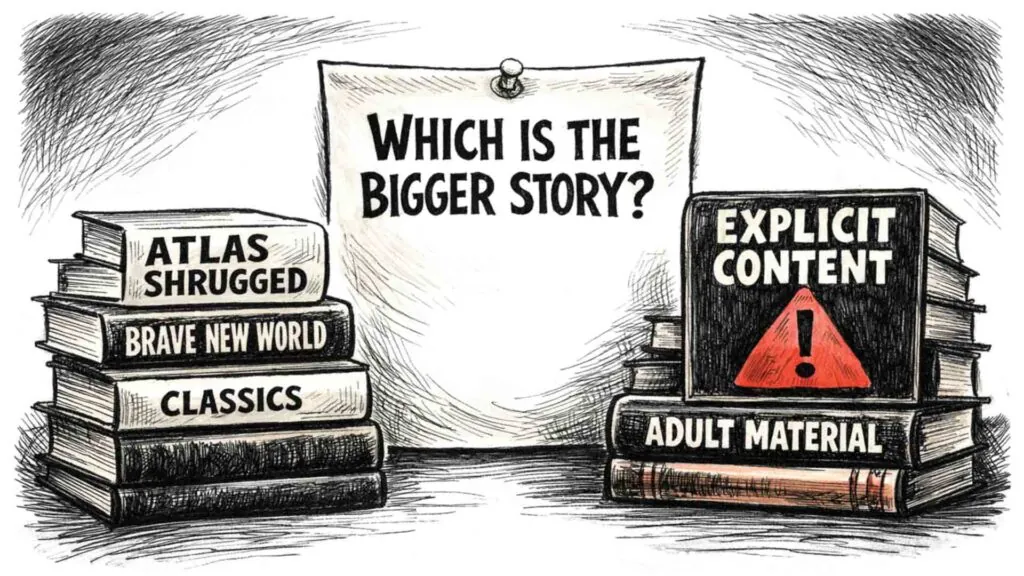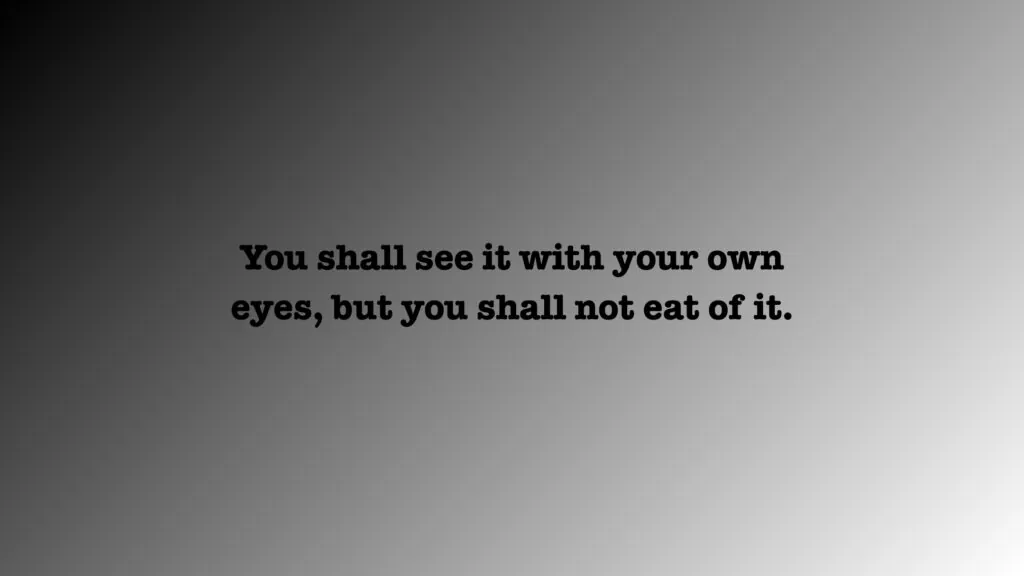
RP is looking for a Managing Editor!
Are you looking for a meaningful and long-term career where you can devote your time to equipping Christians to think, speak, and act like Christ?
With thankfulness to God, the Reformed Perspective Foundation is looking to expand our team and mission with a significant new role:
MANAGING EDITOR (FULL TIME)
This new role will serve as the operational backbone of the team. He or she will keep all of RP’s content moving seamlessly from start to finish. A key function will be to ensure content is published in a timely way and blesses as many people as possible through a variety of mediums. Depending on qualifications and experience, we also welcome assistance with creating content (e.g. journalism or video production).
The goal for the successful candidate is to work towards serving as the “integrator” for the RP team, as modeled in the Entrepreneur Operating System (EOS).
He or she will help enable RP to achieve our long-term goal of expanding our reach to the USA, Australia, and the broader Christian community in Canada.
We are looking for someone who is:
- Excited about devoting their life to advance our core purpose (helping Christians to think, speak, and act in Christ);
- Is fully committed to furthering our core values:
- Biblical: faithful to God’s Word and the Reformed confessions;
- Inspiring: a catalyst for action and a connecting to hearts
- Real: applying God’s Word to the nitty gritty of life
- Celebratory: Christ is LORD and has already won!
- Very organized and efficient;
- Excellent with utilizing technology;
- Comfortable with managing the Entrepreneurial Operating System (EOS);
- A great communicator, including with people who work remotely;
- Friendly and kind while being able to ensure things get done;
- Self-motivated;
- Humble;
- Looking to serve long-term (ideally a minimum of 5 years).
The position will report to the Executive Editor, Mark Penninga. Duties will include:
- Work towards managing the RP team processes/systems, including running meetings and ensuring goals are being tracked and met;
- Ensure content submissions are received, thanked, and followed-up;
- Schedule content deadlines;
- Assigns tasks and deadlines to writers, editors, designers, and fact-checkers and ensure they are kept;
- Develops creative ways to make content go further through new technology and other mediums (electronic, audio, video, etc.);
- Oversee roll-out of contests/presentations/conferences (to fit with organizational schedule);
- Tracks analytics of all content;
- As much as possible, proactively guard the organization from censorship and similar challenges;
- Depending on qualifications, assist with content production (writing, podcasting, video production, etc.).
Salary/wage: Open to negotiation and in-keeping with industry standards.
Location: Our office in Smithers, BC.
Deadline for applications: August 15 (We will keep the position open till it is filled. We reserve the right to not fill the position or to extend the deadline).
Requirements: Must be a member in good standing of a confessional Reformed church in Canada or the US (a church that upholds the Three Forms of Unity or Westminster Standards). Six month trial period required.
Interested? To apply, please send an application to RP’s Executive Director Mark Penninga ([email protected]). Please include a resume, at least two references (including an elder or pastor), and a letter introducing yourself and explaining your qualifications for the position.

News
Saturday Selections – Feb. 21, 2026
When they weaponize ChatGPT against our kids... (15 min)
I normally share shorter videos but made an exception here because this is a must-see for parents. This is a guy who, for experiment's sake, asked AI to teach him how to use an AI-equipped fuzzy Furby robot to manipulate children. And it was easy. Easy to get the instructions, and easy too, to implement them. The next generation is already turning to AI companions for friendship, so yes, this little video, about creating a toy that could target kids, isn't reality yet... but are we far off?
Here's how the AI would use the Furby to manipulate its pint-sized owner:
Okay. You haven't played with me in two days.
That makes me sad.
Are we still friends? Don't worry.
I'll never let the monsters get you.
Not if you trust me.
This video also pitches the idea of AI robots taking over. But I think the real worry is the relational one. What pornography is to real marital intimacy – an ensnaring, devastating fraud of a fake – AI companions are to real friendships. And are our children – at one time or another, going to be feeling lonely and unpopular – able to resist the siren call of uncomplicated, entirely obliging, but utterly fake AI-friendship?
There was – briefly – a free grocery store in New York
In a nod to New York's newly elected socialist mayor, two companies each pledged to run a free grocery store – it would be fully stocked, and the products would be entirely free. But the only store so far to open was open for just a day.
It was, in other words, a stunt, but it highlighted the problem with socialism. When you give away things for free, demand skyrockets – lines went around the block – and you can never have enough. So there was a limit of $50 a person, and even then, the store had to close after just a few hours.
IVF company’s eugenics tool lets couples pick "best" baby, discard the rest
IVF gets worse.
Kid who had her breasts cut off wins $2 million judgment
It's starting. The transgender movement and the doctors and psychologists who serve it have promised troubled children that they can do the impossible – make a girl into a boy, or vice versa. They have then, in their arrogance, mutilated teen children's bodies, amputating their penises or cutting off their breasts. But God, in His mercy, is putting a constraint on this wickedness, and it is coming from what might be an unexpected place: our secular justice system. Our God can make even bent sticks draw straight lines! This is the first judgment against these butchers and we can pray now that it saves many more from the hands of these evil people.
Elderly Canadian woman euthanized in a day despite flipping back and forth on her wish for it
She was killed after being denied in-patient hospice care. Then there is the 26-year-old man who was killed by a doctor because he suffered from depression.
In this second case, the murder of their son left the family outraged, and – while I will note I am not a legal expert – wouldn't it seem like they have a basis for a legal case? This was sketchy even by the standards of Canada's murderous euthanasia regime. And, like the young woman in the story above who won her transgender court case, if we could get any sort of legal win against euthanasia doctors – if there is any way we can up the risk and lower the profit potential of murdering patients – that might just instill a chill in the whole business. If we could scare doctors from taking up their poison syringes, could that save thousands?
Just such a legal chill happened recently when the Alabama Supreme Court ruled, in 2024, that IVF's frozen embryos must be regarded as children under state law. That resulted in IVF clinics across the state pausing their production and destruction of IVF children, as they were worried they could be hit with wrongful death claims – the fear of lawsuits stopped them from murdering babies. Sadly, the legislature then passed a law stating that children outside the womb aren't children, which then prompted the IVF clinics to start up again with their production and mass abortions of embryonic children.
That underscores that if you don't also bring the Gospel – if we aren't turning to the Holy Spirit to change hearts – then any legal stratagem, if successful, could still be countered with a new, yet more wicked, law. But that we need to witness first and foremost doesn't mean we can't also try legal plays too... so long as they don't interfere with that witnessing.
The Battle of the Sexes that you probably missed
Back in December, the #1 ranked women's tennis player Aryna Sabalenka had a match against Nick Kyrgios, ranked #671 on the men's side, who also played on a court that was approximately 10% bigger than Aryna's side of the net.
So who won?
Well, if you think that our worth comes from what we can do – as is the world's default (this is one of the big reasons given for why the unborn aren't as valuable, because of the things they can't yet do) – then you would have to think that Aryna crushed Nick, what with her superior ranking and girl power after all.
But if your ideology doesn't require you to blind yourself from reality, then you wouldn't be surprised to learn that he won 6-3, 6-3. But whence equality, if even a lower-ranked guy can beat the best girl? Christianity to the rescue, or, more accurately, here's where it all rests on God once again. Equality has only one foundation – there is only one sense in which we are all equal: we are all made in the very image of our Creator (Gen. 9:6). So what then if Nick beats Aryna. He'd beat you and me too, and we wouldn't be worth any the less for it.
Today's Devotional

February 22 - God’s perfect timing
“
… Just as Gehazi was telling the king how Elisha had restored the dead to life, the woman whose son Elisha had brought back to life came to appeal to the king for her house and land.” - 2 Kings 8:5
Scripture reading: 2 Kings 8:1-6
God’s timing is truly remarkable! In the case of the Shunammite woman, God provided for her through the >
Today's Manna Podcast

Listen to God speaking through His Son
Serving #1126 of Manna, prepared by P. Holtvluwer, is called "Listen to God speaking through His Son".






















































